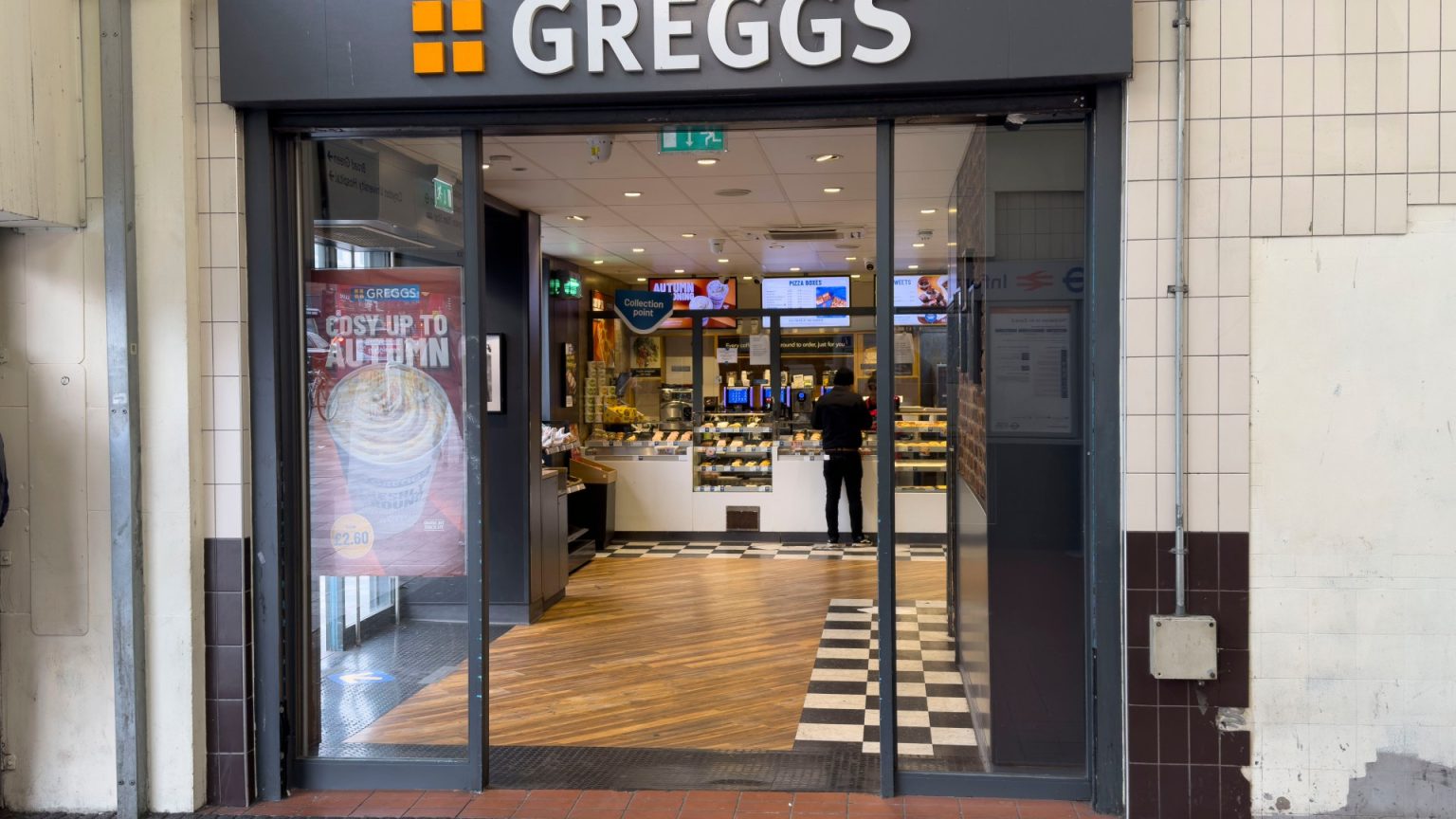The recent 5p price hike of Greggs’ iconic sausage roll, bringing the cost to £1.30, has ignited a wave of discontent among loyal customers. This marks the second price increase in just six months, with the pastry having risen from £1.20 to £1.25 late last year. The cumulative effect of these adjustments represents a substantial 30% surge since 2022, when the sausage roll was priced at a mere £1. This latest increase, observed at a Newcastle branch, has sparked outrage amongst patrons who perceive Greggs as a purveyor of affordable treats. Many express disbelief at the now £3.90 cost for four sausage rolls, questioning the affordability and value proposition of the bakery chain.
Customers, particularly pensioners and those on fixed incomes, lament the escalating cost of everyday staples like the sausage roll. They argue that the very essence of Greggs lies in its budget-friendly offerings and that repeated price hikes erode this core principle. While some acknowledge that Greggs still offers competitive pricing compared to supermarkets and other major brands, the incremental increases contribute to a growing sense of frustration. The perception is that a large and profitable company like Greggs should be able to absorb rising costs without consistently passing them on to the consumer. Some customers have even declared a price ceiling, vowing to stop purchasing sausage rolls if they reach £1.50.
Greggs staff confirm the price increase, noting that it was implemented just after Christmas and has elicited complaints from regular customers. The price variation across different locations adds another layer of complexity, with some branches already charging as much as £1.40 for the savoury pastry. This latest price adjustment continues a trend of escalating sausage roll prices, with seven increases recorded since 2016 when the snack cost just 85p. This includes three price hikes in 2022 alone, amidst the economic turbulence of the coronavirus pandemic, pushing the price from £1 to £1.15 within a single year.
The rising cost of ingredients, coupled with increasing business expenses, forms the backdrop for these price adjustments. The government’s planned increase in employer National Insurance contributions, from 13.8% to 15%, and the rising National Minimum Wage significantly impact retailers like Greggs. These factors, alongside other economic pressures, create a challenging environment for businesses seeking to maintain profitability while keeping prices competitive. Greggs CEO, Roisin Currie, previously warned about the financial burden of these government policies, estimating tens of millions of pounds in additional costs for the company.
While Greggs grapples with these economic challenges, it’s important to consider the broader context of the UK’s economic landscape. Numerous other major retailers, including Next, Halfords, and Sainsbury’s, have also signaled impending price increases in response to the Autumn Budget and other economic factors. This suggests a wider trend of rising consumer prices across various sectors, reflecting the complex interplay of inflation, supply chain disruptions, and government policies. Greggs, as a prominent player in the UK food retail market, finds itself navigating these turbulent waters, balancing the need to maintain profitability with the desire to remain accessible to its customer base.
The escalating cost of Greggs’ sausage roll symbolizes a wider economic narrative affecting businesses and consumers alike. The confluence of rising ingredient costs, increasing operational expenses, and government policies creates a perfect storm, driving up consumer prices across the board. While Greggs attempts to strike a balance between maintaining profitability and affordability, the frustration voiced by its customers reflects the broader anxieties surrounding the rising cost of living in the UK. As the economic landscape continues to shift, it remains to be seen how Greggs, and other businesses, will adapt to these challenges and how consumers will respond to the ongoing pressure on their wallets.











